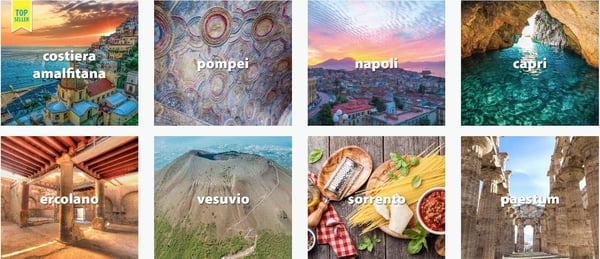Digital transformation, smart working, these are terms we hear often, which scare the uninitiated and are looked upon with indifference by those who have not yet understood the innovative scope of Cloud tools.
In this period many companies are migrating from traditional systems to the Cloud, and this will eventually drive the whole economy, somewhat like electronic invoicing that has now become mandatory for everyone.
What does it mean to migrate to the Cloud?It means dematerializing data and files that end up in paper archives, folders and hard disks, streamlining information searches, increasing real-time collaboration between colleagues, multiple teams or dislocated locations/offices, it means changing the way work is organized by increasing mobility, with the ability to access (with proper permissions) anywhere and from any device to your data, when you are on the road, from a Client or simply away from your desk.
You know how this translates? In a increased productivity,in a cost savings in terms of economics and logistics in all areas where digitization takes place. Thanks to Cloud tools, in fact,people can move away from repetitive work, automating it, devoting themselves to more decisive and profitable aspects of their business.
Those working in the field of Tourism and Hospitality, in businesses that are important to the area, but not structured as multinationals or backed by large capital, are wondering what digitization will be able to do for them, what changes will be encountered, what the costs will be, and most importantly, what the benefits will be. Whether digital transformation simply refers to the creation of an online travel catalog and whether small and medium-sized companies will also benefit from these new tools to improve and expedite their work for the benefit of customers as well.
Marco Fogliamanzillo: "Improve storage, collaboration and security with G Suite!"
In fact, before talking about big data, AI and artificial intelligence and customer experience in the field of Tourism and Hospitality, we need to start with the basics, the Cloud tools, the building block that enables value creation and potentially unlimited development opportunities.
Mario Fogliamanzillo, co-founder of travel etc., who chose G Suite, Google's Cloud solution with power2Cloud, to make his Tour Operator's organization less fragmented, knows this well.
travel etc. operates in Campania's most popular destinations, such as the Amalfi Coast, Pompeii, Herculaneum, Vesuvius, Capri, Sorrento and Paestum. "Behind any trip or excursion there is always planning," explains Marco Fogliamanzillo, "and behind any planning there is always organization, a competent team united by collaborative and intelligent tools.
 Marco Fogliamanzillo, Pasquale D'Esposito and Domenico D'Oriano co-founders of travel etc.
Marco Fogliamanzillo, Pasquale D'Esposito and Domenico D'Oriano co-founders of travel etc.When we started our business we had Zimbra," recalls the co-founder of travel etc. - for e-mail, we were using Apple Calendar and Address Book, an accounting program, and contextually Google Sheets that we shared in Drive with our co-workers using the consumer Gmail version. Communications, you can imagine, before were really unstable and our work fragmented. With the help of G Suite we now all speak the same language! G Suite in fact is a dedicated microservices infrastructure for businesses that facilitates our organization and includes useful applications integrated with each other such as Google Calendar, Drive, Docs, and more.
In travel etc. fortunately we no longer attach files, but share them via a direct link to our Drive repository,we talk about business proposals, Customer lists, internal programs, but also report files for viewing within our office. As a G Suite console administrator I manage privacy and sharing. Our email no longer has Spam and updates are always automatic thanks to Google!
Google Cloud solutions are certainly a tool to invest in and one that we hope to expand soon with Scripted Apps, to enhance their effectiveness!"


power2Cloud is a Google Cloud Partner. Our team helps integrate digital solutions into all your processes to bring added value to Companies. We are here to help you!
Try G Suite, ask our team.
